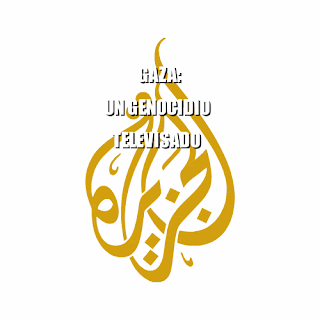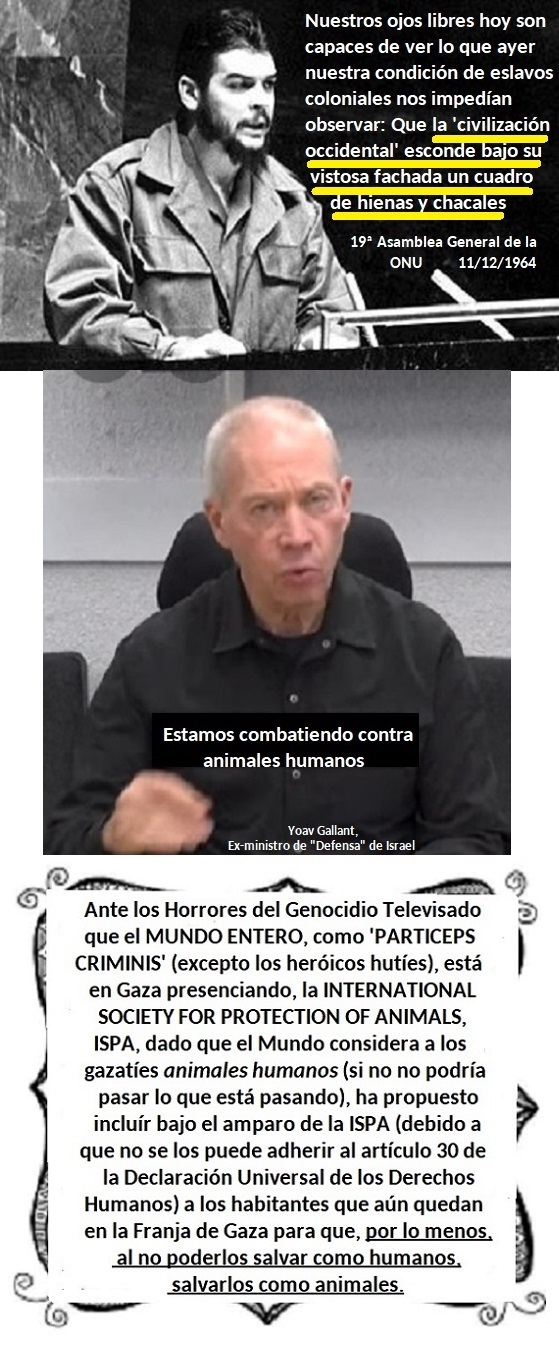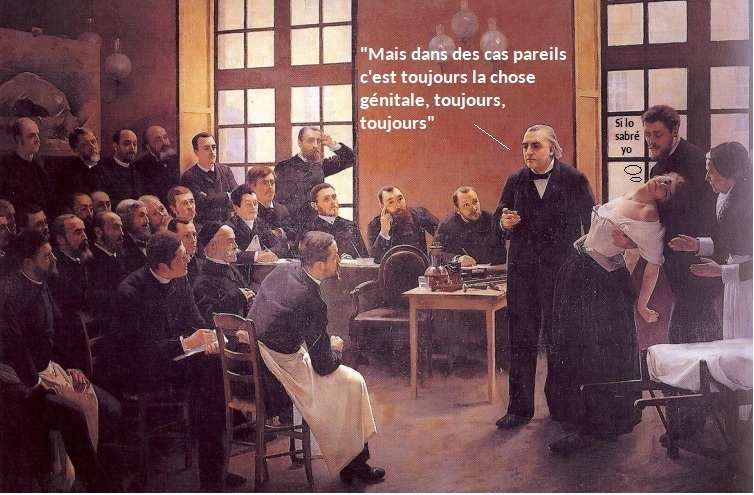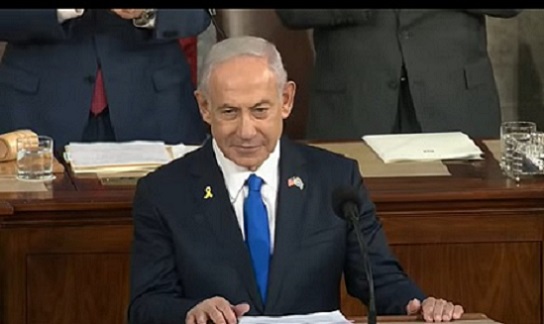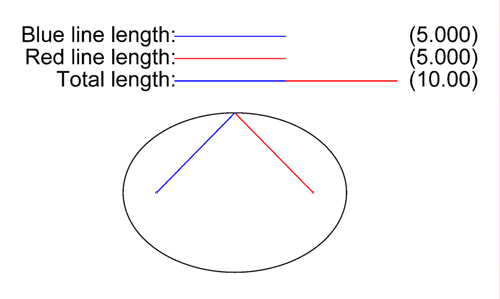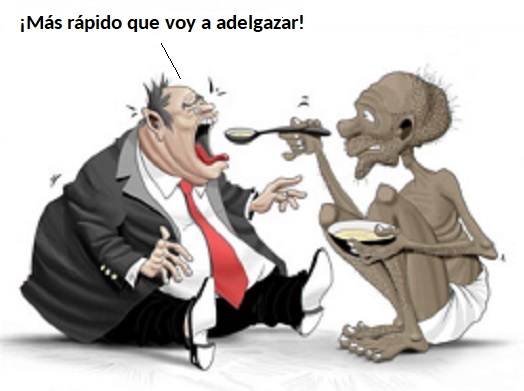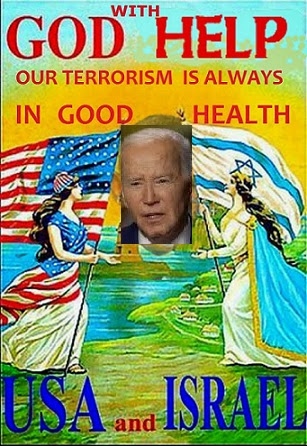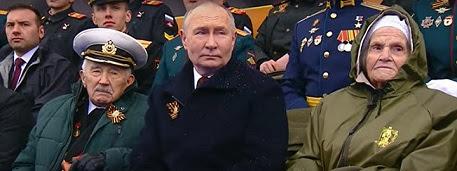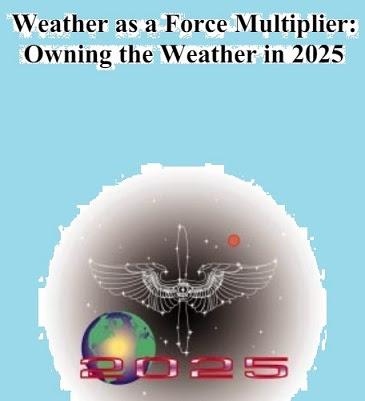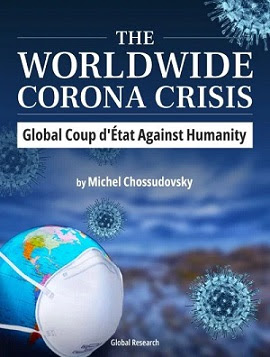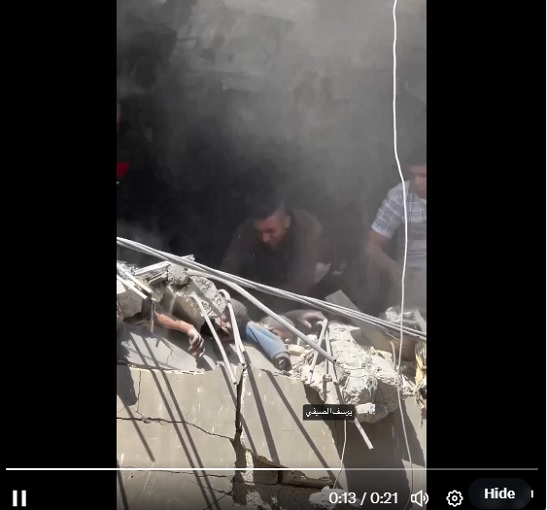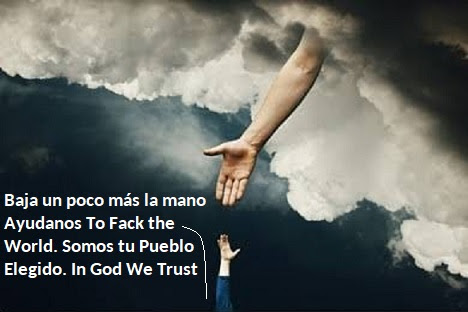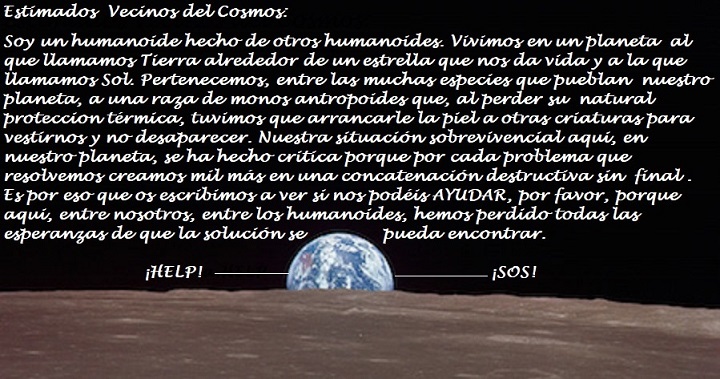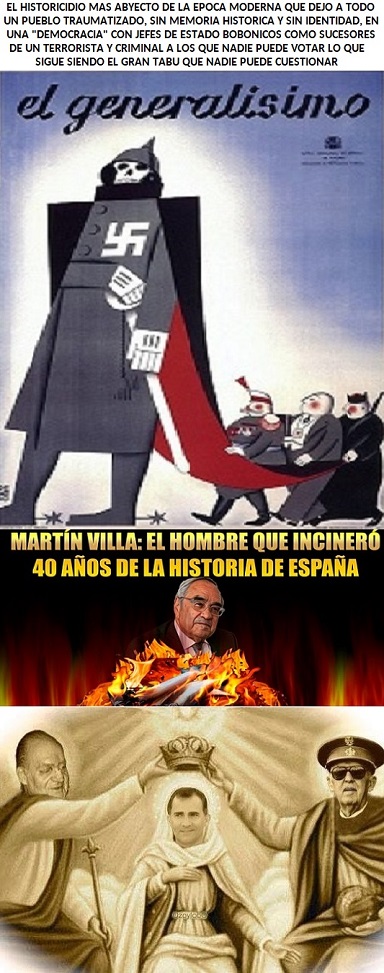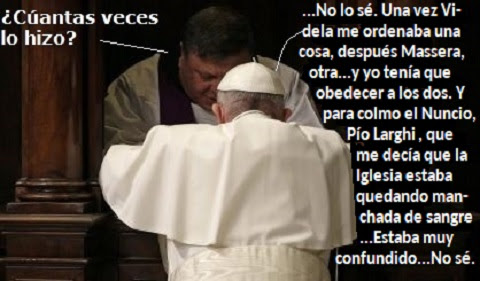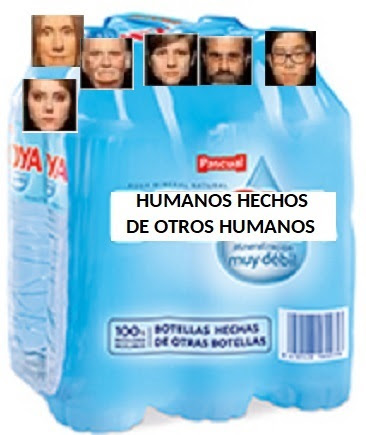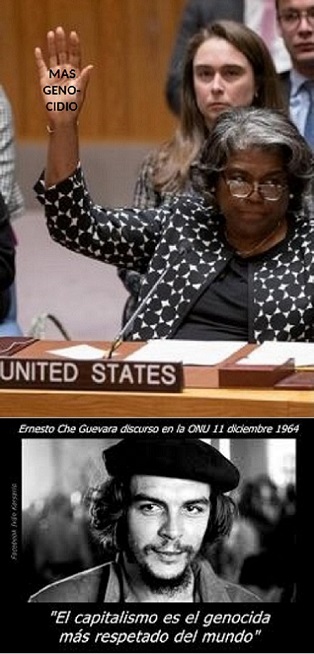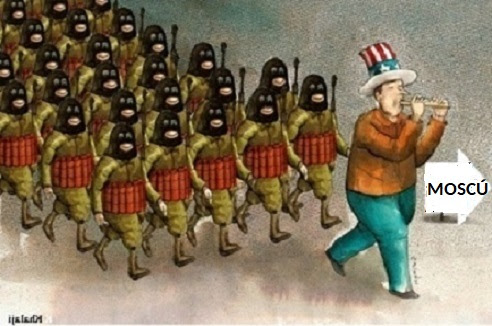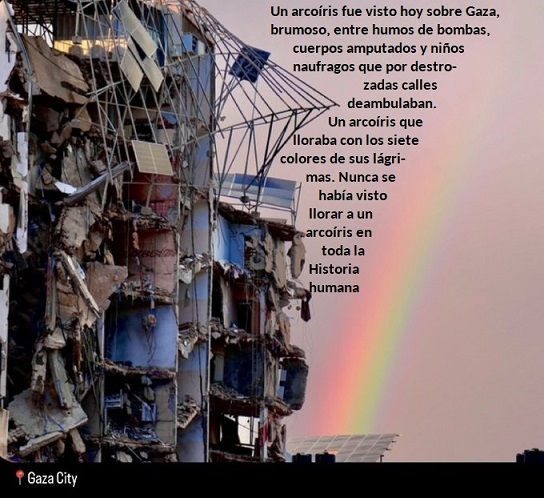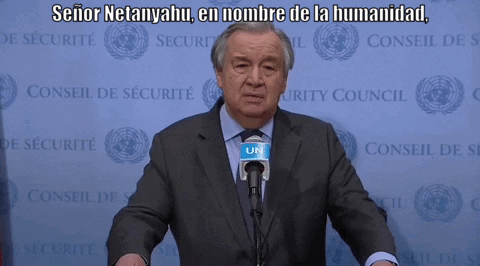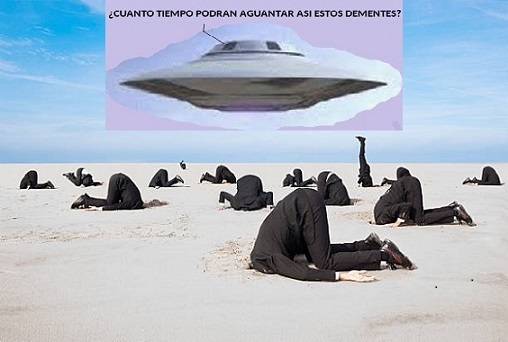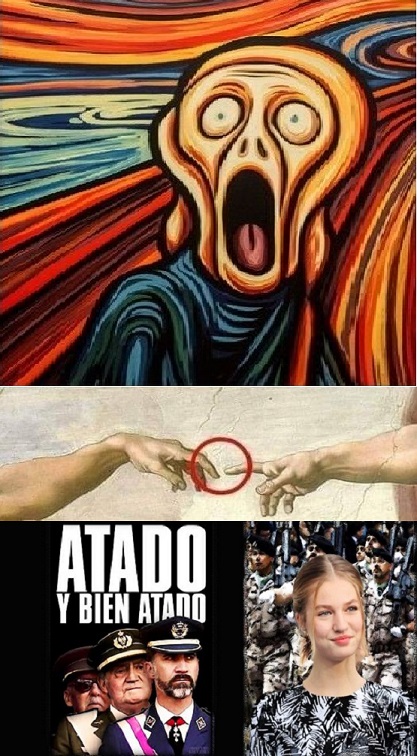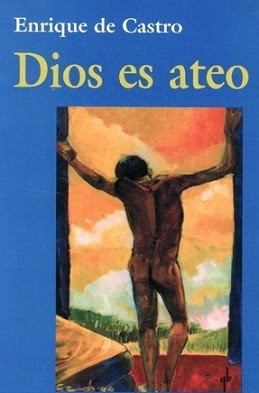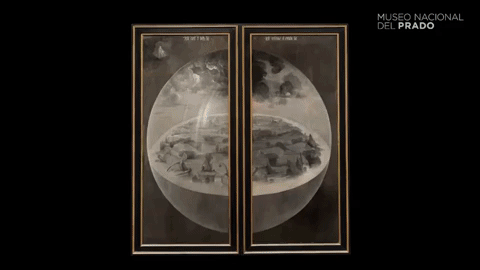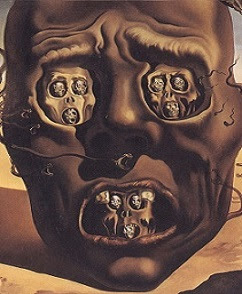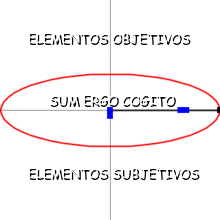"In Gold We Trust"
Corporate Media “Presstitutes”
Turn Blind Eye to UN Report
on Venezuela
Washington and the Convict Appointed to Overthrow Venezuela Continue the Lies
By Dr. Paul Craig Roberts
Don’t you think something is fishy when
the presstitutes orchestrate a fake news “humanitarian crisis” in Venezuela, but totally ignore the real humanitarian crises
in Yemen and Gaza?
Don’t you think something is really very rotten when the expert, Alfred Maurice de Zayas, sent by the UN to Venezuela to evaluate the situation finds no interest by any Western media or any Western government in his report?
Don’t you think it is a bit much for Washington to steal $21 billion of Venezuela’s money, impose sanctions in an effort to destabilize the country and to drive the Venezuelan government to its knees, blame Venezuelan socialism (essentially nationalization of the oil company) for bringing “starvation to the people,” and offer a measly $21 million in “humanitarian aid.”?
As the United States is completely devoid of any print or TV media, it falls upon internet media such as this website to perform the missing function of honest journalism.
The December 2017 and March 2018 reports of the Food and Agriculture Organization of the UN (FAO) list food crises in 37 countries. "The Bolivarian Republic of Venezuela is not among them"
As for the alleged starvation and humanitarian crisis in Venezuela, Zayas has this to say:
“In 2017, the Bolivarian Republic of
Venezuela requested medical aid from
the Global Fund to Fight AIDS,
Tuberculosis and Malaria, the plea was
rejected, becauseVenezuela ‘is still a
high-income country …and as such
is not eligible’.”
The “crisis” in Venezuela “cannot be compared with the humanitarian crises in Gaza, Yemen, Libya, the Syrian Arab Republic, Iraq, Haiti, Mali, the Central African Republic, South Sudan, Somalia, or Myanmar, among others.”
In order to discredit selected governments, failures in the field of human rights are maximized so as to make violent overthrow more palatable. Human rights are being “weaponized” against rivals.
In paragraph 37 of his report, de Zayas says:
“Modern-day economic sanctions and blockades are comparable with medieval sieges of towns with the intention of forcing them to surrender. Twenty-first century sanctions attempt to bring not just a town, but sovereign countries to their knees. A difference, perhaps, is that twenty-first century sanctions are accompanied by the manipulation of public opinion through ‘fake news’, aggressive public relations and a pseudo-human rights rhetoric so as to give the impression that a human rights ‘end’ justifies the criminal means. There is not only a horizontal juridical world order governed by the Charter of the United Nations and principles of sovereign equality, but also a vertical world order reflecting the hierarchy of a geopolitical system that links dominant States with the rest of the world according to military and economic power. It is the latter, geopolitical system that generates geopolitical crimes, hitherto in total impunity.”
He expresses concern about the level of polarization and disinformation that surrounds every narrative about Venezuela.
“A disquieting media campaign seeks to force observers into a preconceived view that there is a ‘humanitarian crisis’ in the Bolivarian Republic of Venezuela."
"An independent expert must be wary of hyperbole, bearing in mind that ‘humanitarian crisis’ is a term of art (terminus technicus) that can be misused as a pretext for military intervention.”
In order to discredit selected governments, failures in the field of human rights are maximized so as to make violent overthrow more palatable. Human rights are being ‘weaponized’ against rivals.
A political solution is blocked because...
“Certain countries [the US] do not want to see a peaceful solution to the Venezuelan conflict and prefer to prolong the suffering of the people of that country, with the expectation that the situation will reach the threshold of a humanitarian crisis and provoke a military intervention to impose a regime change.”
Washington’s attack on Venezuela is in violation of established international law.
“The principles of non-intervention and non-interference in the internal affairs of sovereign States belong to customary international law and have been reaffirmed in General Assembly resolutions, notably 2625 (XXV) and 3314 (XXIX), and in the 1993 Vienna Declaration and Programme of Action. Article 32 of the Charter of Economic Rights and Duties of States, adopted by the General Assembly in 1974, stipulates that no State may use or encourage the use of economic, political or any other type of measures to coerce another State in order to obtain from it the subordination of the exercise of its sovereign rights.” Chapter 4, article 19, of the Charter of the OAS stipulates that “No State or group of States has the right to intervene, directly or indirectly, for any reason whatever, in the internal or external affairs of any other State. The foregoing principle prohibits not only armed force but also any other form of interference or attempted threat against the personality of the State or against its political, economic, and cultural elements.”
Zayas reports that an atmosphere of intimidation accompanied the mission, attempting to pressure him into a predetermined matrix. He received letters from American-financed NGOs asking him not to proceed on his own, dictating to him the report he should write. Prior to his arrival in Venezuela, a propaganda campaign was launched against him on Facebook and Twitter questioning his integrity and accusing him of bias. (See this)
As Washington’s sanctions and currency manipulations constitute geopolitical crimes, Zayas asks what reparations are due to the victims of sanctions. He recommends that the International Criminal Court investigate Washington’s coercive measures that can cause death from malnutrition and lack of medicines and medical equipment.
Despite being the first UN official to visit and report from Venezuela in 21 years, Mr de Zayas said his research into the causes of the country’s economic crisis has so far largely been ignored by the UN and the media, and caused little debate within the Human Rights Council
He believes his report has been ignored because it goes against the popular narrative that Venezuela needs regime change. (See this)
Venezuela has the largest oil reserves in the world and an abundance of other natural resources including gold, bauxite and coltan. But under the Maduro government they’re not accessible to US and transnational corporations.







































































































































